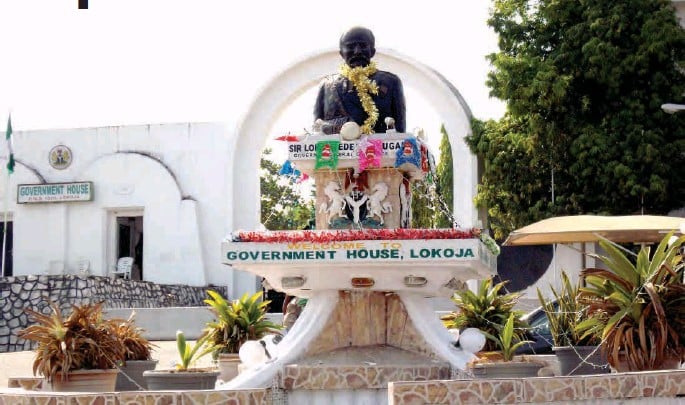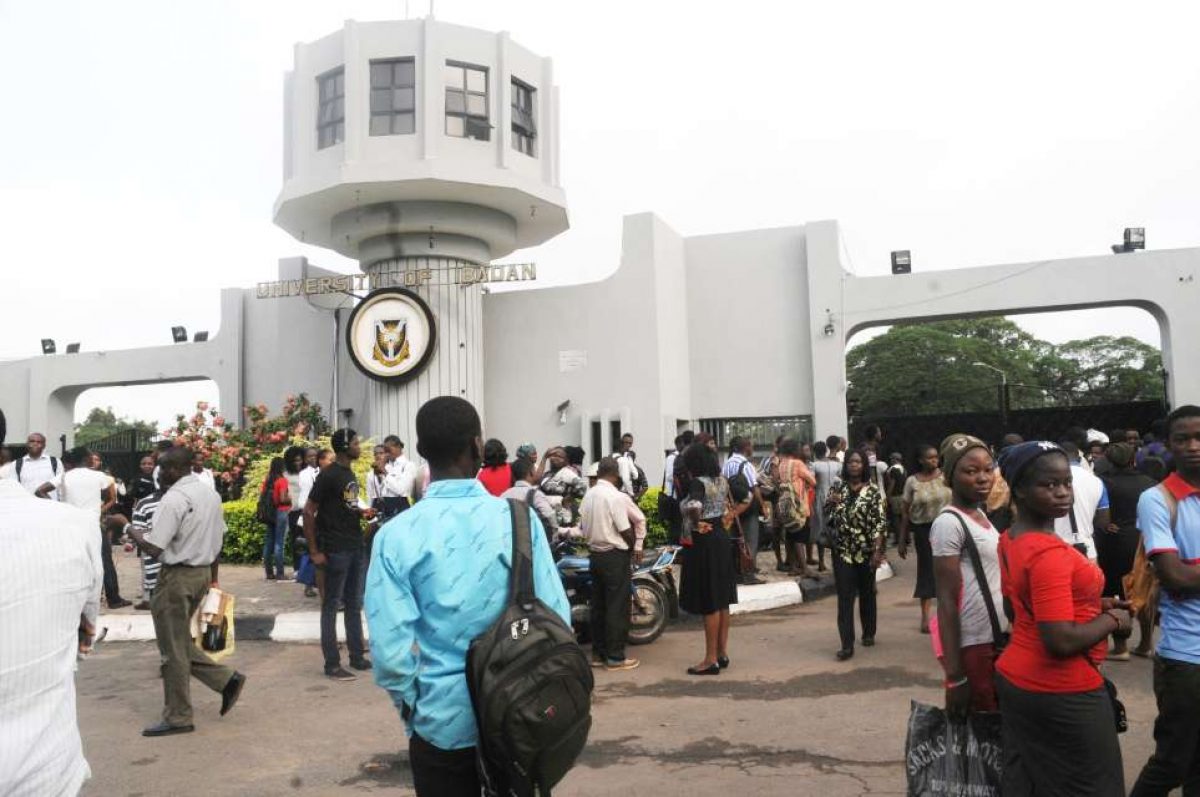In another one week, the new government of Nigeria will be over two days old. Still enjoying the freshness of a child with all his innocence, if there is anything like that in the life of some of our politicians who are wayward for crookedness.
The other significant import is that every high level player in the past administration would long have gone home, holding on to the Shakespearean maxim of the past being prologue. They have seen and they have conquered; it is now the responsibility of some of us, little fellas, to begin to chronicle their exploits in office or even judge them.
One of those top government functionaries who should be home by now is the Communications and Digital Economy Minister, Dr Isa Pantami. Or does he want to go home?
From all indications, the minister did his bit and should be having a deserved rest, but for the controversies. There are concerns at the moment about last minute spectrum sales and the broadcasters raising a cry that their business is being carved to pieces before their very eyes. This will not stir my innards for this material. Time will avail us of the veracity in every whisper at some point.
Advertisement
In spite of what the minister may claim to have achieved, one particular action he took very early on assumption of office will haunt his legacy well into the future. Because that action raises a mirror to his activities as minister, whether they were genuine or specially designed to paper over some very terrible operations within his administration. The question this raises for me at the moment is, where will the next Minister of Communications and Digital Economy operate from? To extend it further, from within the Ministry or from the regulator’s property at Mbora, Abuja?
Dr Isa Pantami was appointed Minister of Communications, as the portfolio was designated in August 2019. Immediately, he took over the property built by the Nigerian Communications Commission (NCC) for its subsidiary, the Digital Bridge Institute (DBI) at Mbora. Was it sheer ignorance or plain hubris? Whatever it was, the regulator was helplessly arm-twisted while the industry looked unperturbed or simply in trepidation for the present or a future that would come with all its ugliness.
Perhaps one should establish here for proper understanding that the Ministry of Communications was domiciled at the Secretariat before the arrival of Pantami. Going to the Minister’s office in those was like walking through a pantheon of the gods; it was both chilling and thrilling to look at the pictures on the walls, beginning from Arthur Prest (1951-1954), Kingsley Ozumba Mbadiwe (1954-1957), Samuel Ladoke Akintola (1957-1959), Olu Akinfosle (1959-1964), Aminu Kano (1966-1969), Ramat M. Mohammed (1972-1975), Olawale Ige (1990-1993) until Isa Pantami who may have abandoned them in their place of historical display and admiration to a place of opulent dwelling befitting a princely habitation.
Advertisement
Speaking in Dallas in 1963, President J. F. Kennedy declared: “History after all, is the memory of a nation.”
The framed pictures at the minister’s office in the ministry used to present that slice of history, a rich legacy that lingers. But did Pantami tread on that trajectory of history in order to carve a space for himself in the digital ecosystem for posterity?
There is no problem with ambitions and aspirations and a burning readiness to strike a niche. It is the minister’s relocation of his office to the property of the regulator that flies in the face of modern telecommunications regulatory practices and strains common sense beyond reason.
I am sure he should have found out by now that even if that action was taken innocently, it has gone a long way to invalidate the gamut of progress recorded in the sector in over two decades. Getting that embedded within the regulator has impaired its ability to function independently and display a high level of transparency in executing regulatory functions.
Advertisement
Global bodies like the ITU, World Bank and the World Trade Organisation (WTO) all encourage the independence of the regulator and the need for the government and the regulator not to cohabit to avoid unnecessary pressure and industry capture.
For instance, a document by infoDev, a World Bank Group multi-donor program that supports entrepreneurs in developing economies, explains the roles and advantages of the regulator as follows: “Separate regulatory authorities can implement government policy in an objective and impartial manner. Separation from state-owned telecommunications operators increases the ability of regulators to act impartially toward all market participants, for example in matters involving competition policy or interconnection.
“Market confidence in the impartiality of regulatory decisions generally increases with the degree of independence of regulators from both operators and governments. Such market confidence promotes increased foreign and domestic investment in both incumbent operators and new entrants in the sector.”
For most countries of the world, the telecommunications sector provides low hanging opportunities to attract investment and foster exponential development by making services available to the people. It is therefore the responsibility of the regulator to ensure that the market is commodious for the various stakeholders to express themselves in providing services and technology.
Advertisement
There is no doubt that the NCC has done well for the telecommunications sector until 2019 when Pantami became the minister. All of a sudden the operating environment was minimised to accommodate sensibilities that were less professional and more of personal ego tripping.
An NCC source told this writer that the past four years have been a nightmare which has refused to end. An organisation used to doing things very discreetly and in a structured manner was exposed variously to needless controversies which harmed the regulator even more.
Advertisement
The source said that it is never a good wish for the minister and the regulator to share the same accommodation, ending with a prayer that a thing like that should never happen to the NCC again. The source explained that even if Pantami had the best intentions, human nature and weaknesses would supervene and gradually begin to corrode the strength of the regulator. Such corrosion has in no doubt weakened the Commission, making it more of an apparition to those who used to admire its ways.
Such development has led this writer to one conclusion, that as Pantami vacates office, his successor should head to the accommodation in the ministry in order to start rebuilding what is left of the Telecomms sector. Without pretences, the ruin is much, and the building process will take time. Even more time for the NCC to gather itself together after submitting its authority to a minister who was too psychedelic to learn the rudiments of telecoms regulation.
Advertisement
Telecommunications is serious business. The regulator should be allowed to pay unfettered attention to a sector which is providing the building blocks for the nation’s economy. Never again should a personality be appointed to exhibit a larger-than-life image over such an important sector, and then mock the nation with adulterated knowledge.
Advertisement
Views expressed by contributors are strictly personal and not of TheCable.







